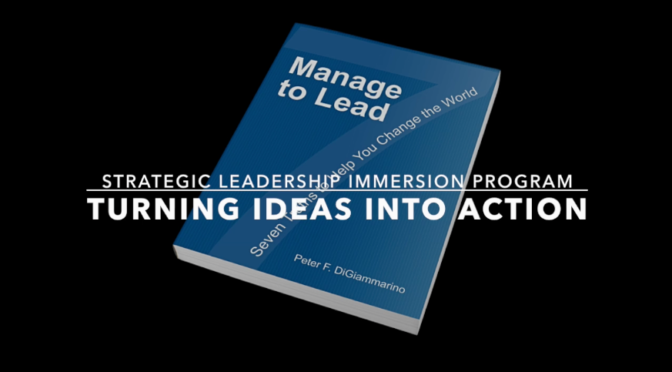In mountain climbing, reaching a mid-mountain plateau is not as fulfilling as ascending to the summit. Rarely will any climber start out to scale a mountain with the idea of stopping at a plateau below the summit.
But in planning the assault on the mountain, veteran climbers know that different skills and capabilities are needed at each step along the way. The skills that enabled you to reach Base Camp on Mt. Everest – such as the ability to navigate rocky terrain in a relatively oxygen-rich environment – won’t be enough to reach the summit, where climbing in snow and ice with little oxygen is the challenge.
Your organization faces a similar circumstance. 
The executive leadership skills that got your organization to its current level of success may not be the skills needed to get it to the next stage.
Reaching a growth plateau
Organizations often hit a “growth pause” – a point at which their current executive leadership’s expertise goals have been realized, revenues and profits plateau, and growth slows or stalls altogether.
An executive team leading a pre-product startup requires a different set of skills than the knowhow needed to optimize operations for a credible, sustainable, or mature business. At this point, leadership abilities need to be reevaluated to determine what is needed for continued ascendance.
Organizations must ask themselves several questions:
- What mix of skills do we need to succeed at our current stage and to get ready for the next?
- Does our team have the mix of skills needed?
- Will gaps in executive team skills hamper growth?
- Can our team’s skill set be developed or enhanced for success now, such as through hiring or culling, and to get ready for the next stage?
In almost every case, the right mix of leadership team skills can address stalled growth and get you back on track. Earlier needed skills may no longer be helping, and necessary new skills may be missing. Or, the skill development strategy may need to be overhauled.
Assessing the pause cause
IntelliVen has constructed a one-of-a-kind, tailored, thorough and immersive program to provide answers and solutions to these questions and more.
The Strategic Executive Team Development Program provides a leader and team with unique insight into the needed skill sets at each stage of an organization’s development, based on 24,000 data points gathered over decades of research.
The program approach is rooted in an extensive study of the best mix of skills in executive leadership for each stage of organization maturity, from pre-market concept to mature going concern.
IntelliVen Principal consultant Dr. Brent Green and the IntelliVen team offer a unique executive team skills assessment and gap analysis. This offering pinpoints the capabilities needed to spark new growth for your organization by assessing your team’s skills, then comparing them to your organization’s benchmark stage.
Assessments are conducted using data collected in one-on-one sessions with the CEO, and confidential interviews and electronic surveys with each team member. Insights and recommendations are shared with the CEO ahead of interactive, facilitated sessions that explore results and implications with the team.
Unblocking growth
The process reveals executive team members’ individual and collective proficiencies in a mix of nine competencies across three categories:
- Knowledge of industry, technology and organizational capabilities
- Ability to analyze and synthesize what they know
- Planning and execution.
We refer to the three areas as KNOW, THINK, and ACT.
The results reveal deficiencies in skills that likely block growth and hinder the evolution of the organization to the next stage.
Most importantly, the program offers custom executive team development action plans, for each team member and for the team as a whole, that address gaps and opportunities for development specific to your venture and team, help them evolve, rekindle growth, and put them back on a “hockey stick” growth curve.
Based on the IntelliVen Manage to Lead System, the action plans align your team members and focus them on evolving the business to address performance and growth blockers.
The MtL tools, templates, and methods are taught in an Immersion Program that is unique in that it is team-based leadership development that captures proven best practices for driving change as applied to your organization’s case.
MtL distills the lessons of a team of highly successful leaders over decades into a clear and concise series of modules and accompanying tools. Elements of it have been taught at MIT, Stanford, University of Maryland, George Mason University, Golden Gate University, and the University of Massachusetts at Amherst.
Learn more about the new program here: Strategic Executive Team Development Program





